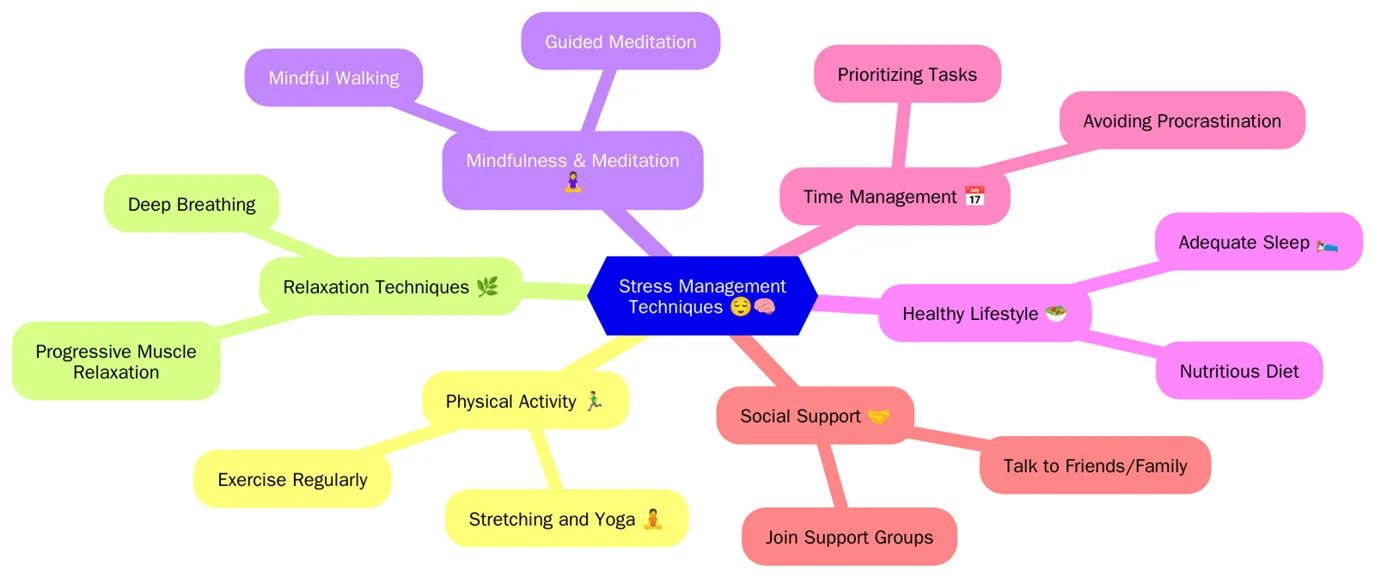Discover how stress silently affects your blood sugar and overall diabetes management. Learn practical, easy-to-follow strategies to reduce stress and take control of your health—one mindful step at a time.
Let me know if you want a more emotional, clinical, or SEO-focused version too!
Stress is an often underestimated but critical factor in managing diabetes. In today’s fast-paced world, stress has become a common part of life, and understanding its implications on our health is paramount. This article explores the relationship between stress and diabetes, providing actionable strategies to manage stress and improve diabetes control.
The Impact of Stress on Diabetes
Understanding Stress

Stress can manifest in various forms, including physical, emotional, and psychological stress. It’s crucial to understand that stress isn’t merely a single concept but can be classified into categories:
- Acute Stress: Short-term stress that arises from specific situations. For example, experiencing stress before a deadline or during an emergency is common.
- Chronic Stress: Long-term stress that persists over time, often resulting from continuous exposure to taxing situations, such as work pressure or personal issues.
The Physiological Effects of Stress on Diabetes
When faced with acute stress, the body releases stress hormones, primarily adrenaline, which helps manage short-term challenges. This type of stress generally does not cause long-term harm.
However, chronic stress significantly affects the body’s physiology. Chronic stress elevates cortisol levels, a hormone that can disrupt several bodily functions. Elevated cortisol is linked to:
- Hyperglycemia: Increased blood sugar levels.
- Weight Gain: Difficulty maintaining a healthy weight.
- Cardiovascular Issues: Potential increases in blood pressure.
- Gastrointestinal Problems: Elevated chances of developing gastric ulcers.
- Higher Cancer Risk: Increased vulnerability to certain cancers.
People experiencing chronic stress may find their blood sugar levels rising, adversely impacting their diabetes management. Even with a balanced diet and regular medication, untreated stress can hinder effective diabetes control. Monitor your glucose levels closely, especially your fasting blood glucose levels, as elevated levels may indicate stress-related hormonal fluctuations.
Stress Management Techniques

Recognize Your Stress Triggers
The first step toward managing stress is identifying its sources. Whether it’s work-related pressure, family obligations, or lifestyle challenges, understanding where your stress originates can empower you to take control.
Incorporate Relaxation Techniques
Cultivating a relaxed mind is crucial for stress management. Consider trying:
- Meditation: Practicing mindfulness and meditation can improve mental clarity and reduce overall stress levels.
- Gardening or Hobbies: Pursuing peaceful hobbies can provide a necessary escape from daily pressures.
- Nature Retreats: Spending time in nature can refresh your mind and offer solace from urban stressors.
Exercise Regularly
Exercise is a powerful antidote to stress. Engaging in regular physical activity helps the body release endorphins, the feel-good hormones that can counteract stress effects. Suitable exercises include:
- Aerobic Workouts: Activities like running, cycling, or swimming.
- Strength Training: Incorporating weightlifting or resistance training.
- Yoga: Combining physical activity with mindfulness for holistic health benefits.
Prioritize Quality Sleep
Sleep plays a vital role in stress management and overall health. Aim for a routine that includes:
- Set Sleep Schedule: Adhere to regular sleeping hours to stabilize your body’s internal clock.
- Adequate Rest: Ensure you get 6-8 hours of undisturbed sleep each night.
A lack of proper sleep can exacerbate stress and significantly impact diabetes management, leading to further complications.
Seek Professional Help
If you struggle to manage stress despite your efforts, consult a healthcare professional or therapist. They can provide guidance and support tailored to your individual needs. Joining support groups can also foster connections with others facing similar challenges.
The Importance of Community Support
Social support plays a crucial role in stress management. Engaging with family and friends can provide a sense of security and comfort. Don’t hesitate to reach out to loved ones when feeling overwhelmed—sharing your experiences can lighten your burden and lead to useful advice or support.
Conclusion
Stress is indeed a silent killer, especially in managing diabetes. Understanding the intricate relationship between stress and blood sugar levels is vital for effective diabetes control. Implementing stress management techniques can significantly enhance not only your physical health but also your mental well-being. Embrace relaxation strategies, maintain regular exercise, prioritize sleep, and build a supportive community around you. By taking proactive steps, you can manage your stress levels effectively and improve your diabetes management.






